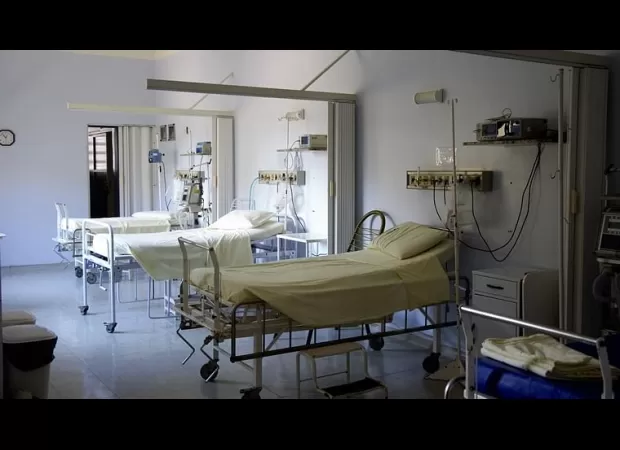Panel formed to guarantee beds for poor patients in charitable hospitals in Mumbai.

The state public health department of Mumbai has taken a step in the right direction to ensure proper surveillance of charity beds reserved in 430 trust hospitals across Maharashtra. To achieve this, they have constituted a committee that will conduct a quarterly audit of expenditure of the indigent patients’ funds by the hospitals. Additionally, another committee will inspect the medical documents and bills of patients from weaker sections of society.
This move has come in the wake of numerous complaints to the charity commission and the public health department over patients not being able to get access to the beds reserved for them in charitable hospitals. The affected patients had sought a strict intervention and surveillance of the issue.
The government had earlier made it mandatory for the administration of charitable trust hospitals to send periodical reports of the number of beds for both native and indigent patients. Unfortunately, this requirement was often not followed. The 74 trust hospitals in the city, such as Lilavati, Jaslok, Nanavati, Bombay Hospital, HN Reliance and others, are eligible for several concessions from the government to reserve 20% beds for poor patients. Out of these beds, 10% are allotted at 50% discount and the other 10% are free of charge for patients below poverty line.
Health activists and experts have welcomed this step taken by the department and emphasised the importance of implementing such rules. They point out that rural regions lack the necessary medical facilities, which is why patients are forced to come to cities like Mumbai and Pune for treatment. But sometimes, they are fooled by trust-run hospitals that do not provide proper details of hospital beds reserved for them and violate the rules.
“Not everyone can afford treatment at private hospitals due to which beds were made reserved in these hospitals at concessional rates. It is important for the government and charity commission to intervene and ensure strict implementation of these rules to ensure that the benefits reach native patients,” said health activist Abhijit More.


